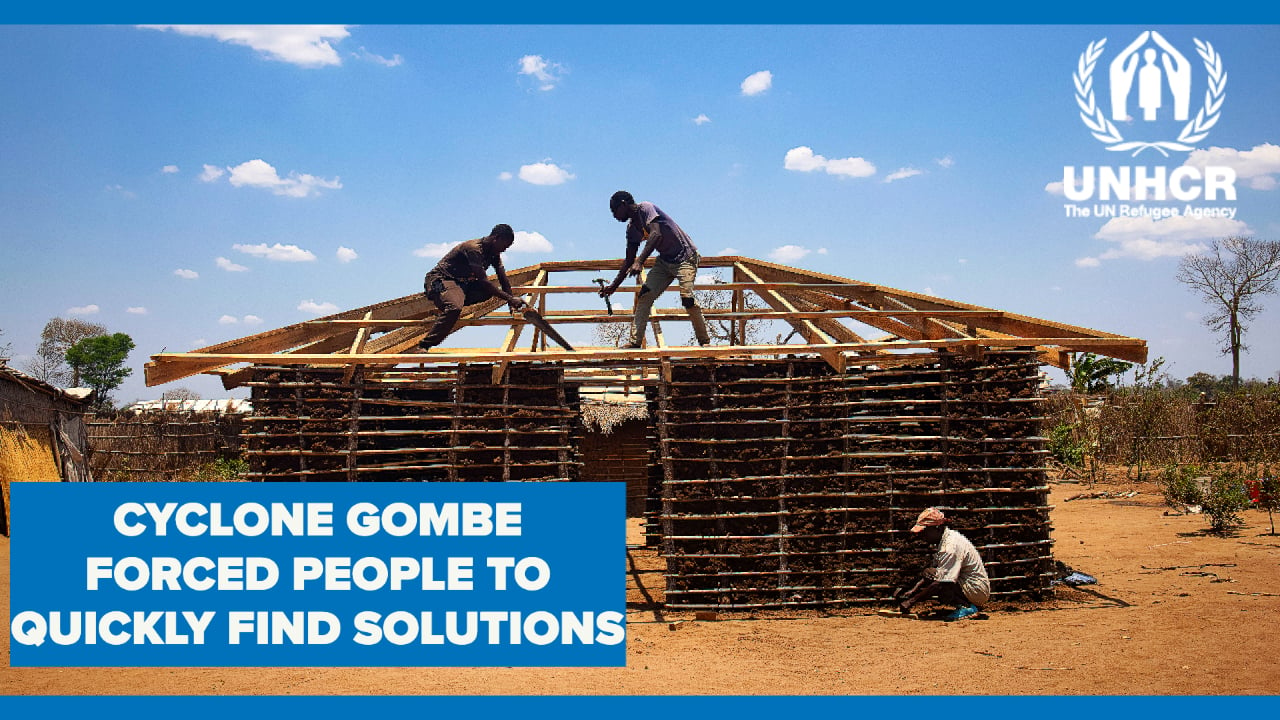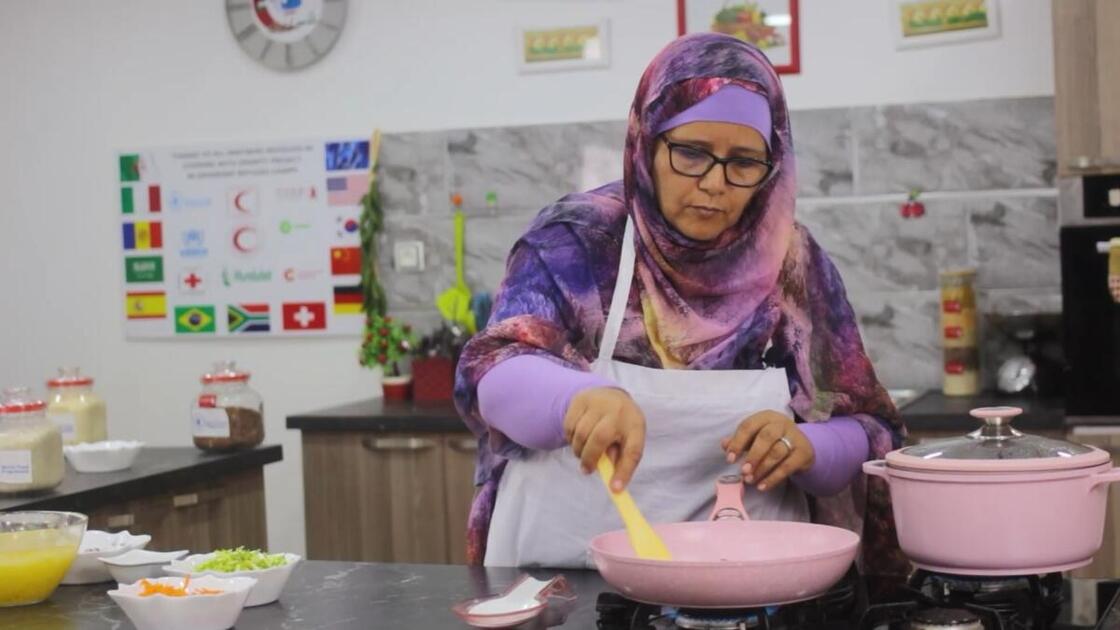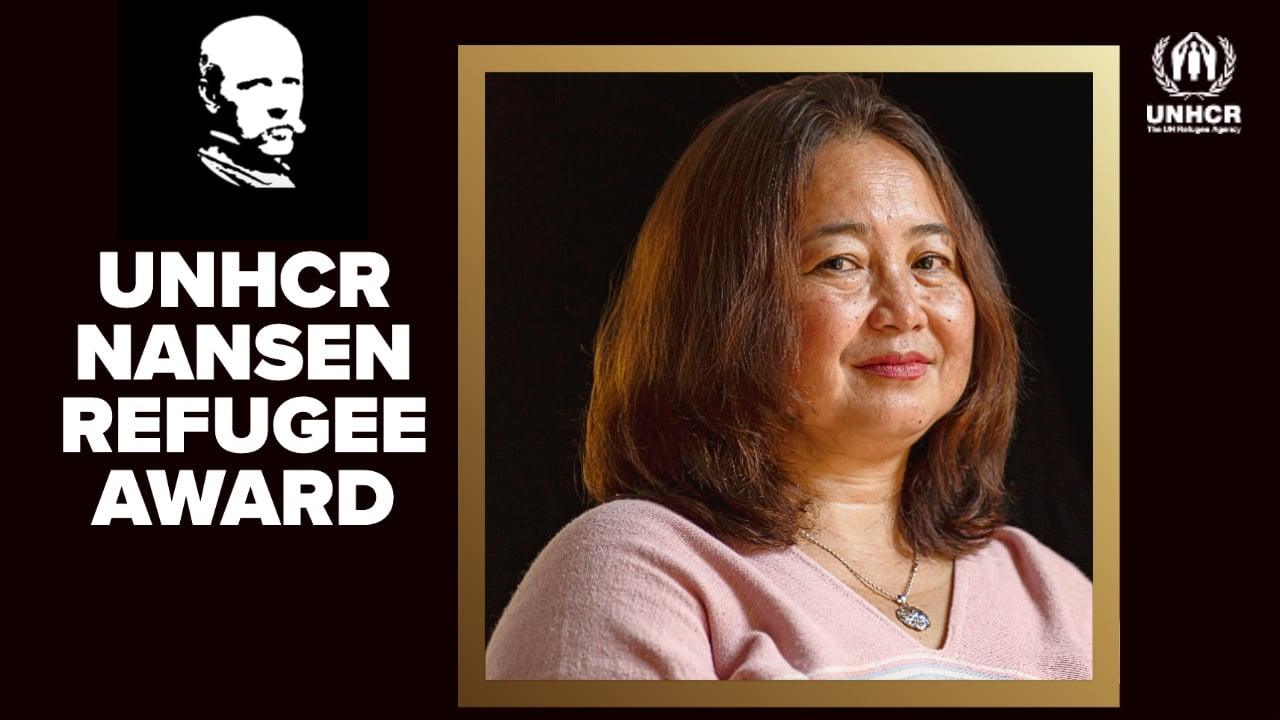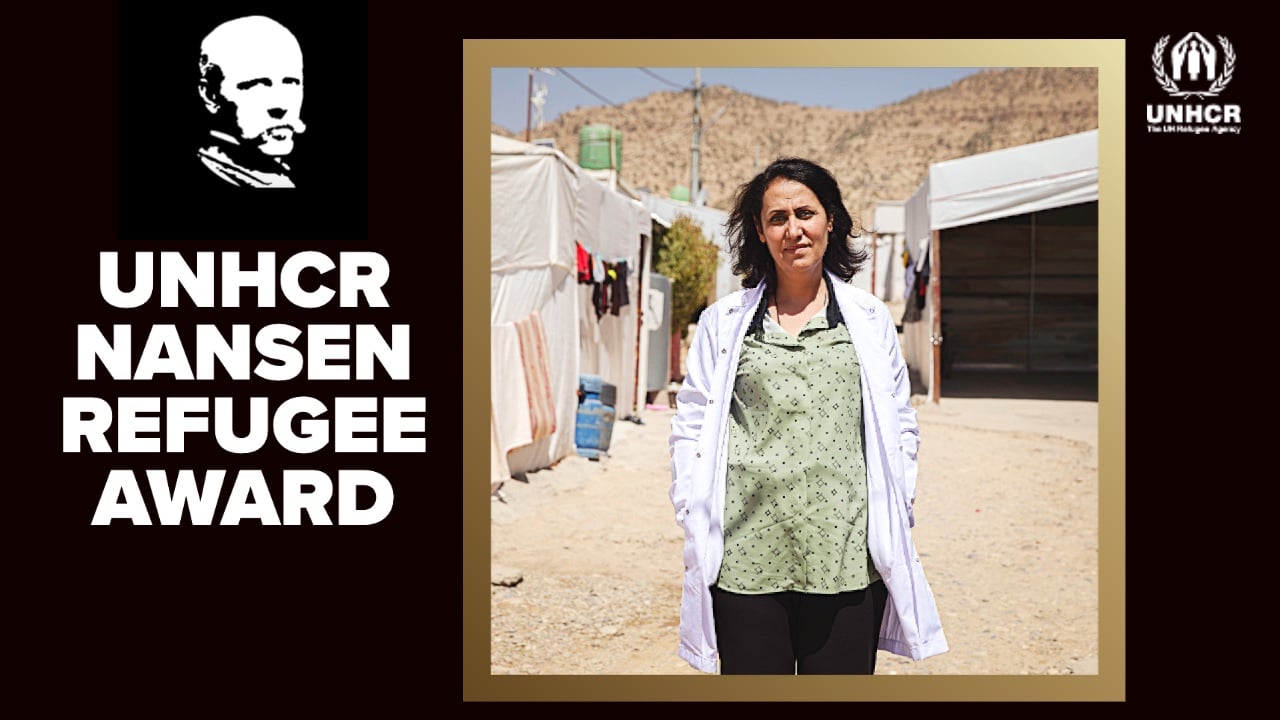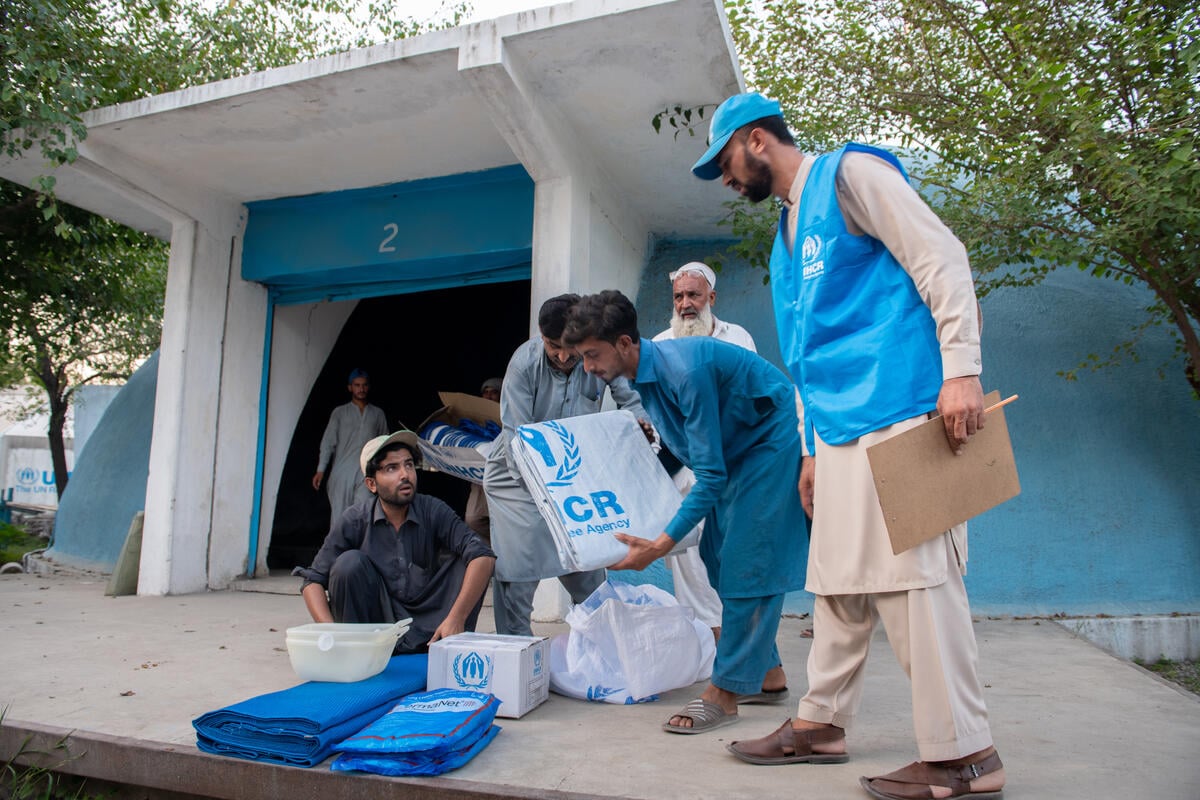UNHCR assisting displaced families on the pacific coast of Colombia
UNHCR assisting displaced families on the pacific coast of Colombia

CACAHUAL, Colombia, Aug 14 (UNHCR) - The UN refugee agency is working with Save the Children to assist to 256 families on the Pacific coast of Colombia, who were displaced during the first week of June after violent attacks by guerillas following the collapse of a ceasefire with the government.
Among the displaced are 151 children.
Building on the humanitarian response initially provided by the International Committee of the Red Cross (ICRC), UNHCR has already delivered stoves for 87 displaced families from the village of Cacahual in the municipality of Lopez de Micay, and will continue to offer technical assistance to local and regional authorities.
This initiative will help them to meet the needs of the displaced population through comprehensive prevention and protection strategies. UNHCR will also design and implement a contingency plan to guarantee the effective protection of children.
"The community is very happy because the support given has been significant," said John John Jairo Riascos Riascos, a community leader from Cacahual. "We are doing much better now. We are able to cook together in a much more organised way."
The situation in Lopez de Micay remains tense. Escalating confrontation between the army and armed groups is a cause for concern in an area which has become a strategic corridor for drug trafficking and illegal mining over the last 15 years. A weak State presence in this zone has given room for strong territorial and social control by armed groups, generating higher risk, pressure and stigma for civilians.
"The collapse of the ceasefire unleashed a wave of displacement in the region. Therefore as this region was so stricken by the conflict, responding to needs, particularly by the State, will be key to the success of the peace process and for reaching solutions in the Pacific region," said Wellington Carneiro, UNHCR's head of office in Buenaventura, responsible for the area.
Meanwhile, Save the Children is offering protection and education assistance to children affected by the conflict in Lopez de Micay. This support, which began on 24 June, is expected to last at least two months, so long as the protection needs of the population remain.
Save the Children has also installed two "friendly spaces" for carrying out educational and recreational activities, and is training 15 volunteers in recreation and the implementation of educational strategies for displaced children.
The coordinated efforts of UNHCR and Save the Children will complement the assistance offered by other organisations, such as the Colombian Institute for Family Welfare, and help mitigate the impact of the displacement and violence on adults and children.
"The help has been fundamental," said Father Kilian Cuero Ruiz, the priest of the municipality. "It was given when the people needed it most and this has helped raise awareness about the situation through which the community is going."
However, the situation in the municipality of Lopez de Micay remains tense. Escalating confrontation between the army and guerrilla force is a cause for concern in this area of the country, which has become a strategic corridor for drug trafficking and illegal mining over the last 15 years. The weak State presence in this zone has given room for strong territorial and social control by armed groups, generating higher risk, pressure and stigma for civilians.
By Francesca Fontanini, Bogota


